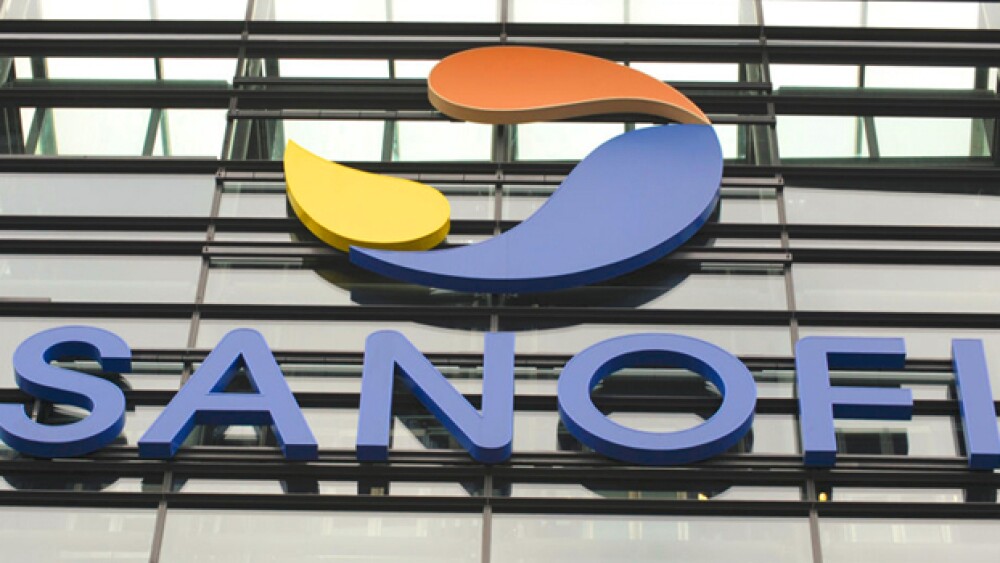Sanofi’s setback could open the door for rival drugmaker Takeda.
Sanofi expects to take a nearly $120 million hit after a long-term study showed use of its dengue vaccine Dengvaxia could worsen the effects of the mosquito-borne illness in people who had previously not been exposed to the virus.
Sanofi said on Wednesday that it will seek a label change for the vaccine and is asking health authorities to update information provided to physicians and patients about Dengvaxia in countries where it is approved. With the new data in hand, Sanofi will propose an update in prescribing information and request that healthcare professionals determine whether or not patients may have had a prior dengue infection before using Dengvaxia, the first approved dengue vaccine.
Long-term clinical data showed differences in vaccine performance based on prior dengue infection. Sanofi said the data analysis showed Dengvaxia provides persistent protective benefit against dengue fever in those who had prior infection. But those patients who have not been previously infected by the dengue virus, the analysis found that in the longer term, more cases of severe disease could occur following vaccination upon a subsequent dengue infection, Sanofi said. Vaccination should only be recommended when the potential benefits outweigh the potential risks (in countries with high burden of dengue disease). For individuals who have not been previously infected by dengue virus, vaccination should not be recommended, Sanofi said.
Su-Peing Ng, Sanofi’s global medical head, said the findings of the long-term study highlight the complex nature of dengue infection.
“We are working with health authorities to ensure that prescribers, vaccinators and patients are fully informed of the new findings, with the goal of enhancing the impact of Dengvaxia in dengue-endemic countries,” Ng said in a statement.
As a result of the long-term data, Sanofi said it anticipates a nearly $120 million financial hit in the fourth quarter. That’s going to be a hard hit to the pocketbook considering Dengvaxia only generated about $65 million in sales last year, Reuters said. That is a far cry from company hopes that the drug could be a blockbuster, bringing in more than $1 billion per year. Despite that Sanofi said it does not affect its full year guidance.
Sanofi’s setback could open the door for rival drugmaker Takeda Pharmaceuticals. Earlier this year, Japan-based Takeda revealed data from a 6-month interim analysis of its dengue vaccine TAK-003. Data showed that TAK-003 elicited a broad antibody response against all four dengue virus types, regardless of previous exposure to the dengue virus, Takeda said.
Dengue affects about 390 million people annually. People can be infected with dengue up to four times in their lifetime and they can get severely ill after any of these infections. Dengvaxia is currently approved in most of the Dengue-affected countries for individuals nine years of age and older, Sanofi said.





